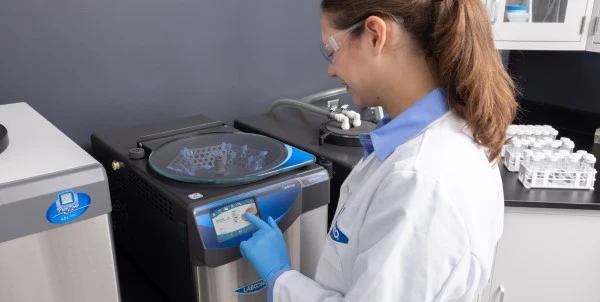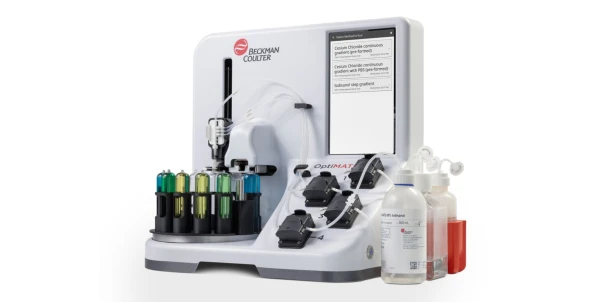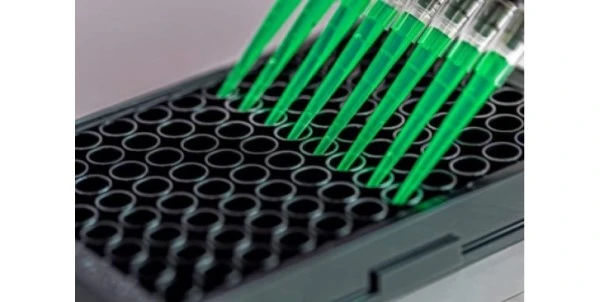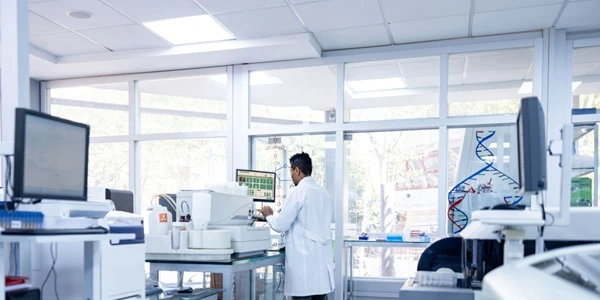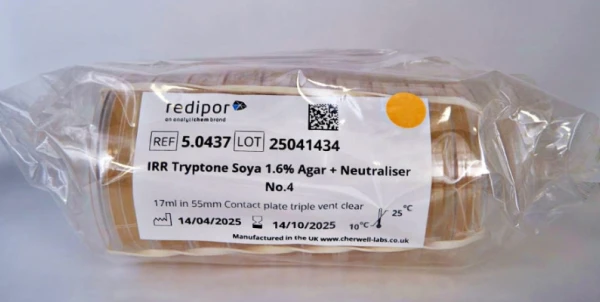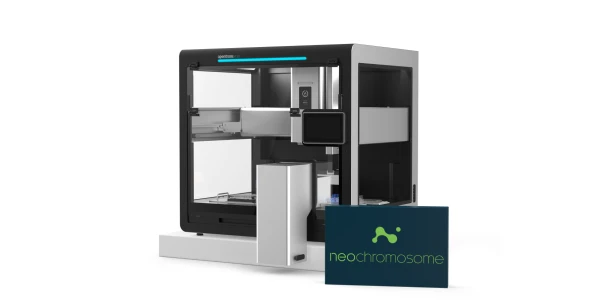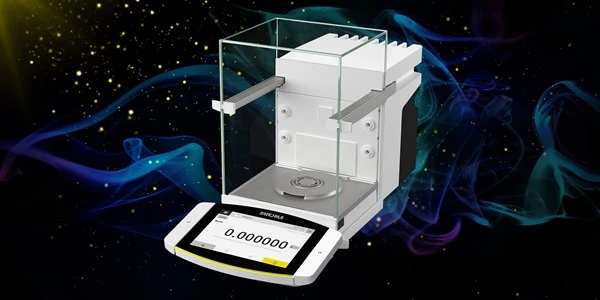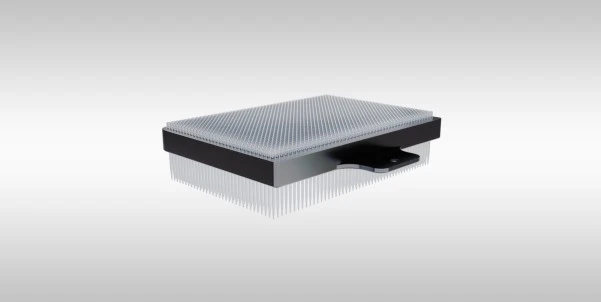Key Questions to Ask Suppliers When Buying Used Lab Equipment
Helping you be confident that your purchase will be a good investment
Navigating the pre-owned lab equipment marketplace can be challenging, especially when it comes to deciding which suppliers will provide you with reliable equipment that is worth your money. We have previously discussed the differences between used and refurbished lab equipment, as well as the benefits of choosing pre-owned equipment over brand new. Once you have decided to purchase used or refurbished equipment, the next steps are finding the options available to you and selecting which supplier to buy from.
A good seller can make or break a satisfactory experience buying pre-owned equipment. One quick way to assess the reputability of a vendor is to look for reviews or recommendations from past clients. However, reviews cannot tell you everything you need to know. Before committing to a purchase, here are some key questions you should ask the supplier:
Do they have the equipment on hand?
Knowing whether the supplier is in direct possession of the equipment or if they are simply the middleman in the transaction is important. This will affect the information they are able to provide you about the equipment.
Can they provide the serial number?
Asking for the serial number of the equipment is a very quick way to eliminate any potential scams. If the seller is unable to provide a serial number, they should at least be able to provide recent photos and/or video of the equipment.
What is the history of the equipment?
A good reseller will be able to supply you with the equipment’s history of use, as well as its service record. Knowing how long a piece of equipment has been used for and under what conditions will help provide an idea of the wear and tear it has been subject to.
Is there a warranty provided?
Some equipment may still be under warranty from the manufacturer, and dedicated resellers will often provide their own warranty for refurbished equipment. If there is not a warranty, you should ask about a guarantee that the equipment works as expected.
Are there any additional benefits available?
Some resellers will also offer post-purchase support or service contracts for if the equipment has issues after purchase. It is also possible that sellers could provide discounts for things like multiple purchases, or incentives for returning customers. They could also have additional parts available, or relevant consumables that could be bundled with your purchase.
What shipping method do they use?
Established resellers will often have a preferred shipping method, in which case you can ask about their recent shipping times and any issues they have had in the past, as well as any insurance that is included in the shipping. For smaller suppliers or individuals, you should ask which method they intend to use, what assurances are included, and about any additional fees that could be incurred.
If a supplier is able to satisfactorily answer these questions, you can proceed with your purchase confidently. If any answers are unsatisfactory, or if a seller is unwilling to answer one or more of the questions, it is best to move on to a different supplier in your search.
Many dedicated resellers will have this information readily available to potential buyers without you having to ask directly, but the pre-owned lab equipment marketplace has a wide variety of sources for equipment. When buying directly from the previous owner of the equipment, it is important to make sure you ask questions to protect your interests.
Asking questions of the supplier has the added benefit of allowing you to establish a personal relationship, allowing you to further assess the quality of the seller. This also makes it much easier to ask further questions if the equipment has any issues after the purchase, and can make future purchases much smoother.
